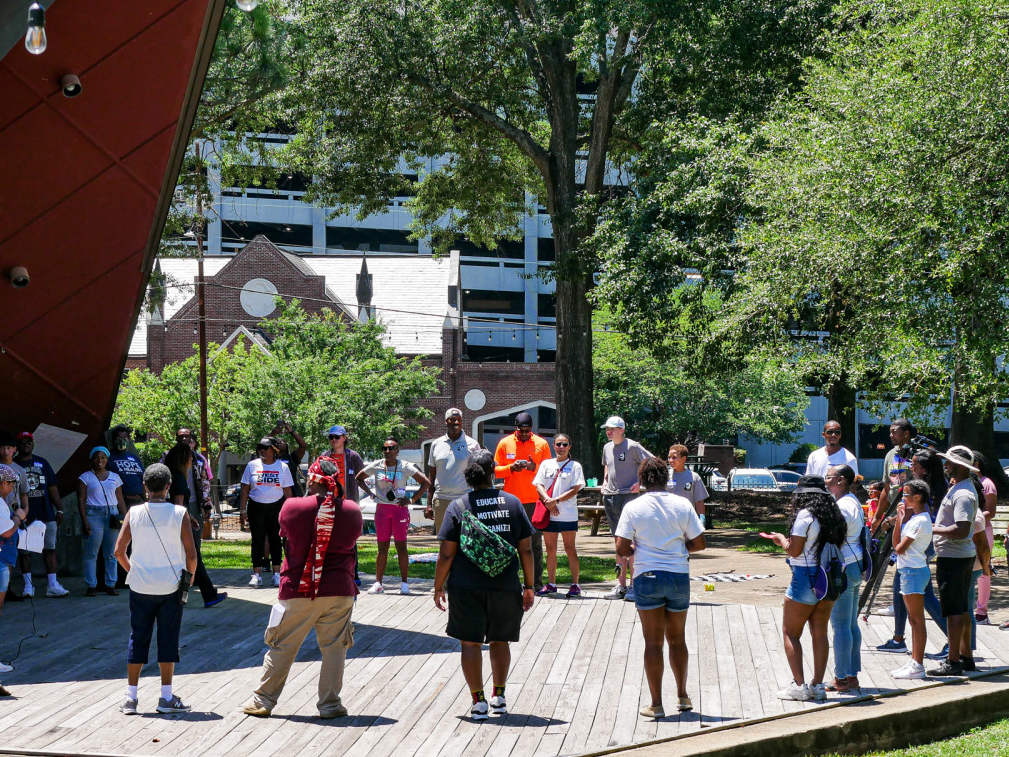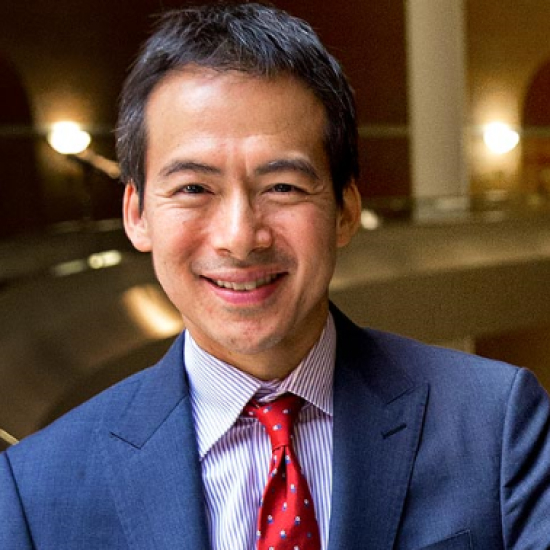Introduction
In Jackson, Mississippi—a city with a 200-year history of racialized terror and division—failing infrastructure, disinvestment, and crime plagued residents. For those who saw a future for Black self-determination in a majority Black city built on the labor of enslaved people, however, Jackson was fertile ground for experimentation, collective visioning, and collective action.
The Jackson People’s Assembly (JPA), a vehicle of “Black self-determination and autonomous political authority of the oppressed peoples and communities in Jackson,” launched the political career of Chokwe Lumumba, a veteran civil rights attorney who was elected mayor in 2013. His close friend and fellow organizer, Dr. Safiya Omari, served as his chief of staff until his sudden death in 2014. When Lumumba’s son, Chokwe Antar Lumumba, was elected mayor with the support of JPA organizers in 2017, Omari returned to city hall to serve again as chief of staff. Antar Lumumba vowed publicly to make Jackson “the most radical city on the planet.” This bold promise to shake up the status quo ran headlong into practical and political realities—including one extremely contentious and consequential procurement process.
Facing snowballing crises, hostile city council members, and persistent corruption, could Omari help Antar Lumumba realize the promise of a city government that was effective, accountable, and representative of the kind of “radical” values Jackson legends like Medgar Evers, Fannie Lou Hamer, and the late Mayor Lumumba had embodied and espoused?
Guides for using this case are forthcoming.
Learning Objectives
This case aims to help students and city leaders:
- Understand the democratic goals of civic engagement, including building relationships and advancing equity.
- Ask and answer key design questions for planning engagement efforts.
- See the breadth of options for civic engagement and make strategic choices.
- Assess and troubleshoot civic engagement efforts.









